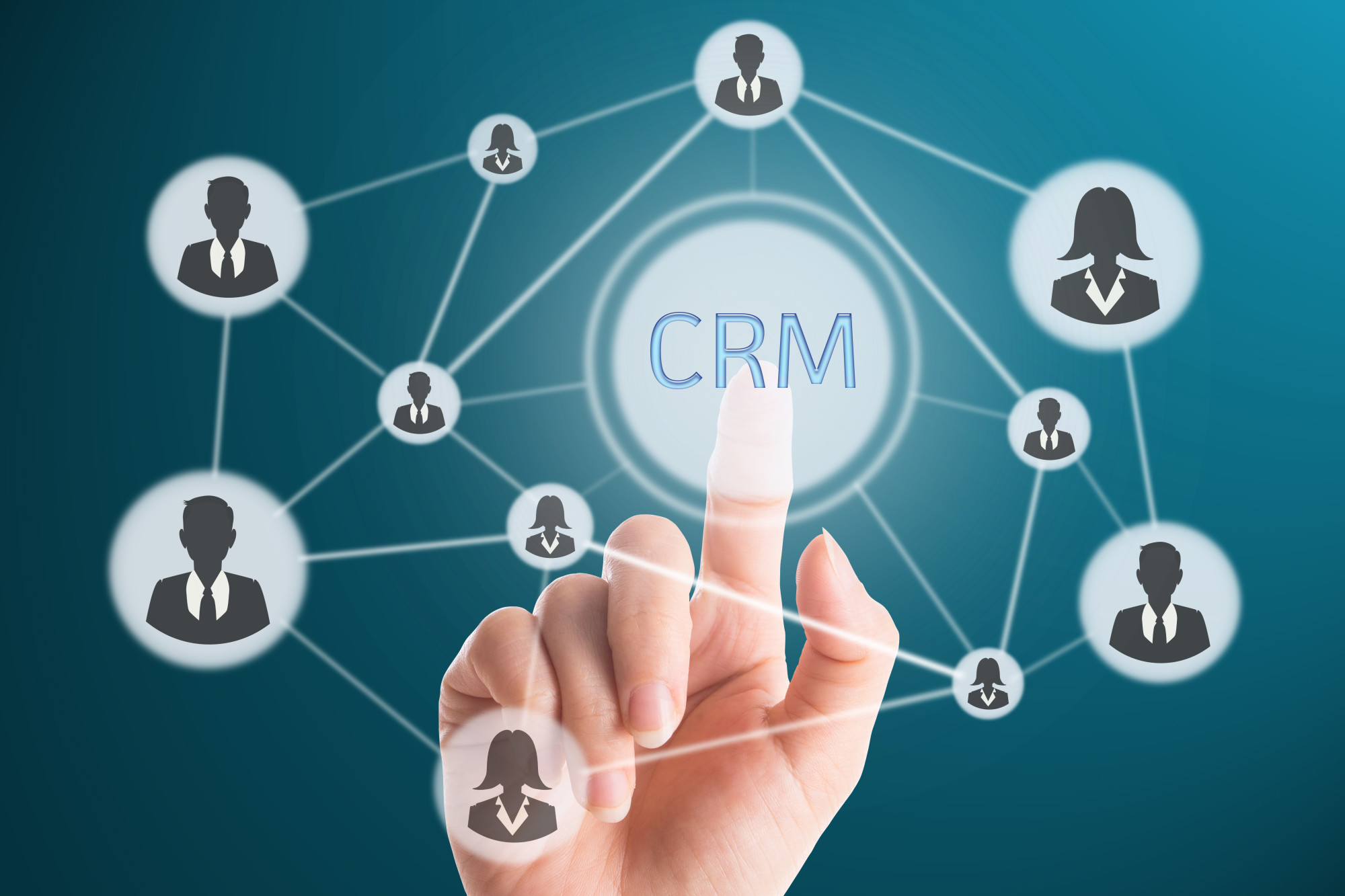There are a number of different office spaces to choose from these days, each offering different amenities that appeal to different industries and businesses and their specific wants and needs. But how do you know what office space or business centre would be right for you and your business? We are here to help!
In this article we are going to look at three different office space options, what size businesses they are most likely appeal to, and what they have to offer the businesses that could potentially occupy them:
Traditional Office Space
The traditional office space is the perfect option for larger and more established businesses who have the adequate cash flow available in order to pay for the large overhead expenses that usually come with these kinds of pricy spaces. Some of those overhead expenses would include insurance, rent, telephone bills, and utilities, to name a few. Perfect for larger teams who need the space, traditional office spaces provide businesses with the resources they may need to hold meetings, conferences, and creative planning sessions where employees need to come together to plan or discuss business, as well as a staff room, kitchen, and other luxuries. A traditional office space, because of its costly overhead, it is not the ideal option for small businesses or start-ups.
Read More: How To Choose The Best Printer For Your Office
Shared or Co-Working Work space
A shared workspace usually comes about when a business who is set up in too large a space, rents out a portion of it to another company or business who is not in the same field as they are or a direct competitor. By renting out a portion of the large office space it helps to lower the amount of money the original business is paying for its rent and utilities, all while being able to keep the space they want and avoid moving. This type of working space is ideal for companies who are looking to save a little extra cash on rent and utilities and don’t mind sharing a working space with another company.
A co-working space is ideal for small businesses or start-ups that only have one or two employees working for them and do not have the cash flow to invest in their own permanent space and all of the necessary equipment that they would need (for example desks and chairs). Co-working spaces come fully kitted out with internet, furniture, printing services, and more, and some even include the likes of conference rooms that can be booked on a daily basis and utilized by everyone.
Home-Based Office Space
An advantageous option for both new businesses and small businesses alike, home-based office spaces have become increasingly popular over the last couple of years – and quite rightly so. With the prices of private office spaces soaring and the need for a more cost-effective option, home-based office spaces have become the choice for many small or start-up businesses who are looking to save on costs for both rental and utilities. However, there are a few downsides to working from a home-based office space, including that there is nowhere to meet with clients, and maybe some employees would not feel comfortable working from your home. However, there is always the option of meeting clients at a restaurant or coffee shop, and taking the time and effort to find the perfect employees who understand the vision you have for your business. These negative points can be worked around in order to get a start-up or small business off the ground and on to bigger and better things.
By following the guidelines mentioned above you should find the ideal office space for you and your business, ensuring that you make the right decision and get value for your money.
Read More:

























